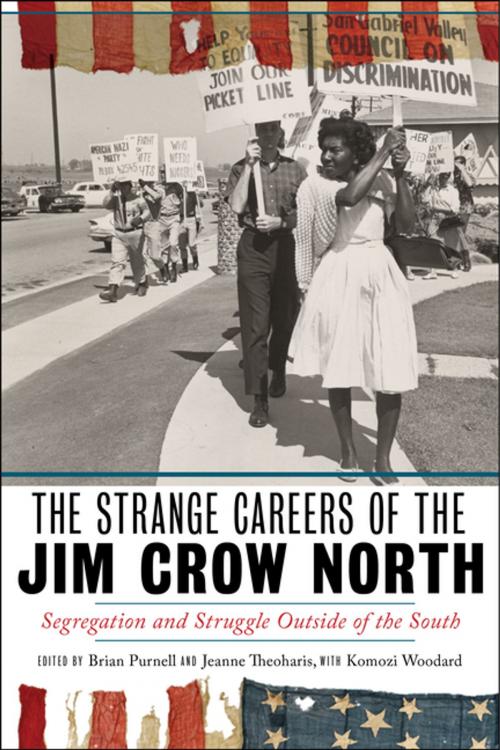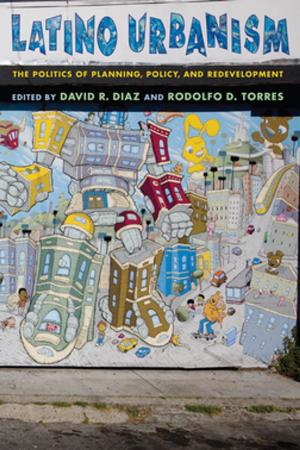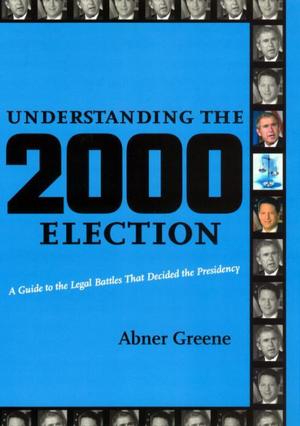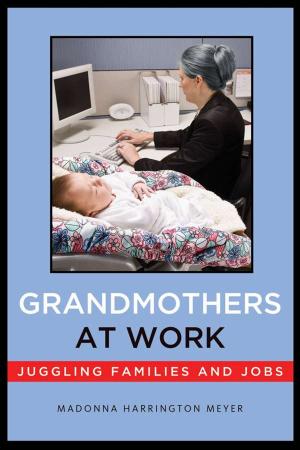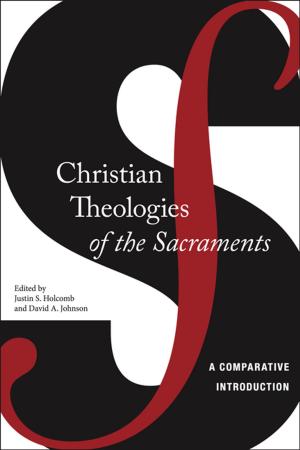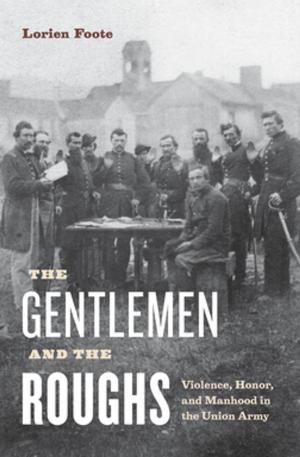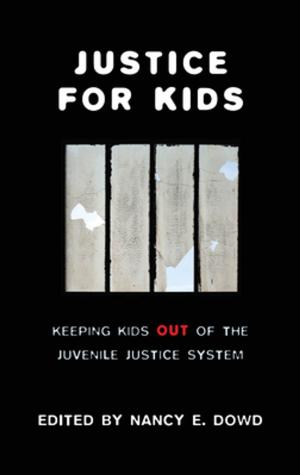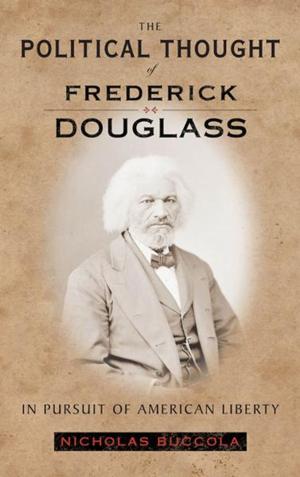The Strange Careers of the Jim Crow North
Segregation and Struggle outside of the South
Nonfiction, History, Americas, United States, 20th Century| Author: | ISBN: | 9781479881192 | |
| Publisher: | NYU Press | Publication: | April 23, 2019 |
| Imprint: | NYU Press | Language: | English |
| Author: | |
| ISBN: | 9781479881192 |
| Publisher: | NYU Press |
| Publication: | April 23, 2019 |
| Imprint: | NYU Press |
| Language: | English |
Did American racism originate in the liberal North? An inquiry into the system of institutionalized racism created by Northern Jim Crow
Jim Crow was not a regional sickness, it was a national cancer. Even at the high point of twentieth century liberalism in the North, Jim Crow racism hid in plain sight. Perpetuated by colorblind arguments about “cultures of poverty,” policies focused more on black criminality than black equality. Procedures that diverted resources in education, housing, and jobs away from poor black people turned ghettos and prisons into social pandemics. Americans in the North made this history. They tried to unmake it, too.
Liberalism, rather than lighting the way to vanquish the darkness of the Jim Crow North gave racism new and complex places to hide. The twelve original essays in this anthology unveil Jim Crow’s many strange careers in the North. They accomplish two goals: first, they show how the Jim Crow North worked as a system to maintain social, economic, and political inequality in the nation’s most liberal places; and second, they chronicle how activists worked to undo the legal, economic, and social inequities born of Northern Jim Crow policies, practices, and ideas.
The book ultimately dispels the myth that the South was the birthplace of American racism, and presents a compelling argument that American racism actually originated in the North.
Did American racism originate in the liberal North? An inquiry into the system of institutionalized racism created by Northern Jim Crow
Jim Crow was not a regional sickness, it was a national cancer. Even at the high point of twentieth century liberalism in the North, Jim Crow racism hid in plain sight. Perpetuated by colorblind arguments about “cultures of poverty,” policies focused more on black criminality than black equality. Procedures that diverted resources in education, housing, and jobs away from poor black people turned ghettos and prisons into social pandemics. Americans in the North made this history. They tried to unmake it, too.
Liberalism, rather than lighting the way to vanquish the darkness of the Jim Crow North gave racism new and complex places to hide. The twelve original essays in this anthology unveil Jim Crow’s many strange careers in the North. They accomplish two goals: first, they show how the Jim Crow North worked as a system to maintain social, economic, and political inequality in the nation’s most liberal places; and second, they chronicle how activists worked to undo the legal, economic, and social inequities born of Northern Jim Crow policies, practices, and ideas.
The book ultimately dispels the myth that the South was the birthplace of American racism, and presents a compelling argument that American racism actually originated in the North.
